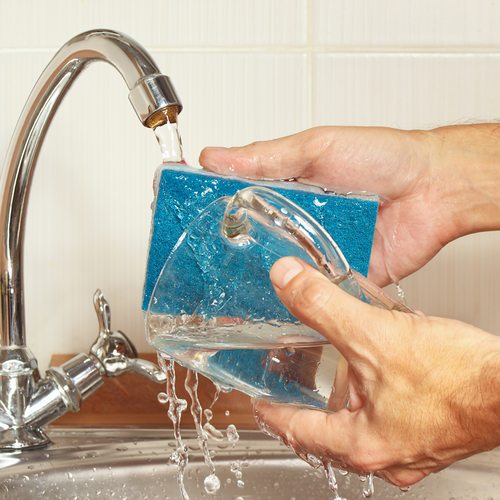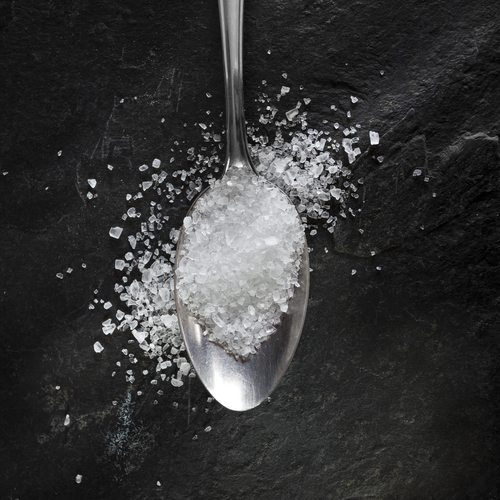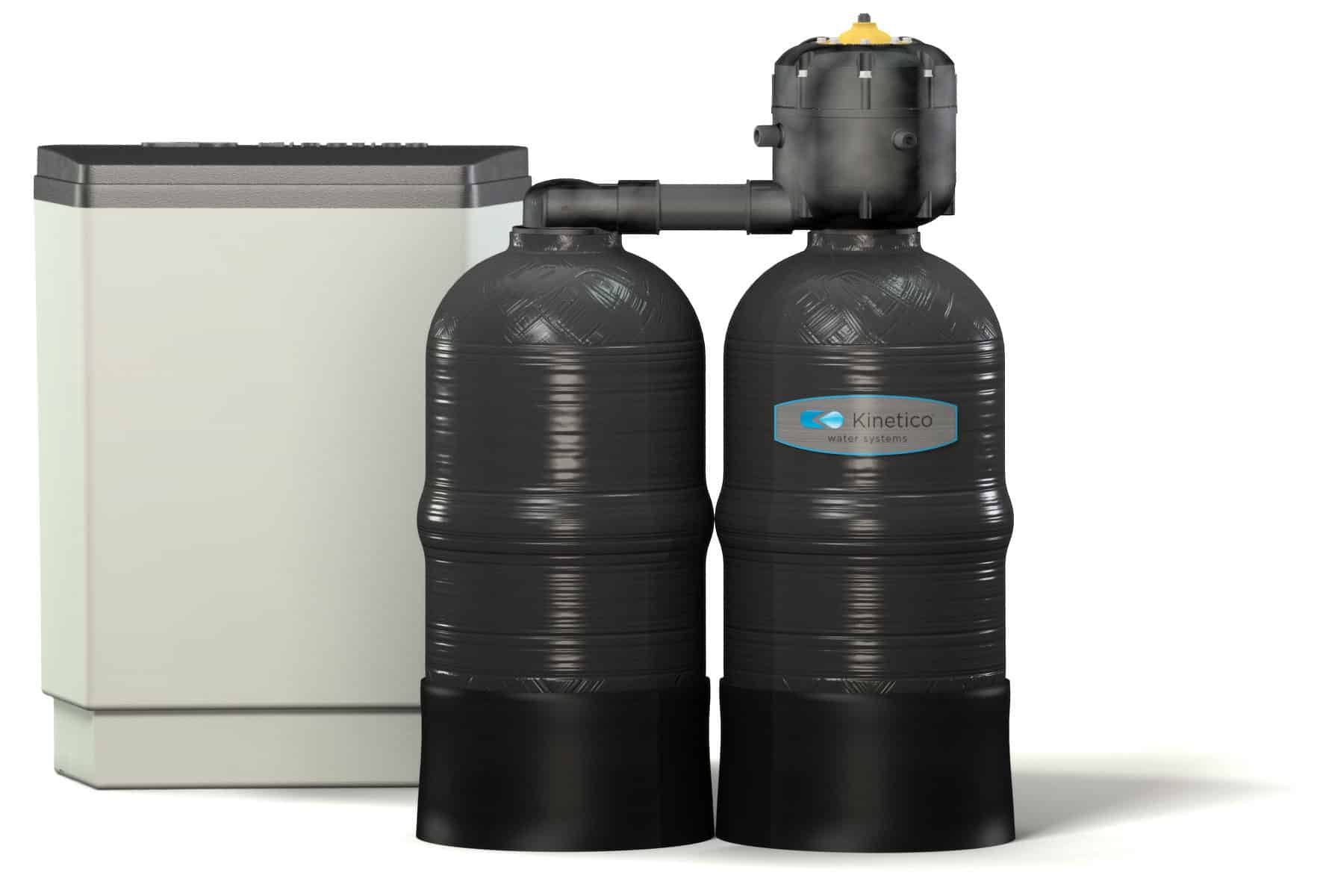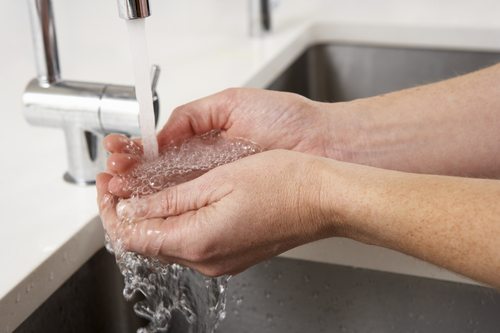If you are wondering what is hard water or what is soft water and how can you tell the difference keep reading. Hard water contains high levels of calcium and/or magnesium which leave white stains on plumbing fixtures, cause dry skin and soap to not lather and work properly. Soft water, on the other hand, refers to water that is free of these minerals, either naturally or that’s passed through a water softening system to remove these minerals and “softens” the water.
At Kinetico, our water treatment solutions include various water softening options. If you’ve been around hard water stains before, they appear in the form of chalky buildup, white rings in toilets, white stains in the sinks and tubs. Let’s look at their common causes plus how you can remove them.
How Does Water Become Hard
Water is naturally soft and as it comes in contact with the soil, either by running through streams and rivers or as is percolates through the earth, it absorbs minerals, including calcium and magnesium. These minerals actually dissolve into the water and will not settle out or evaporate.
Why do Hard Water Stains Develop
When hard water is allowed to evaporate or is heated to high temperatures, as in a water heater, the minerals will come out of their dissolved state and are left behind in the form of a white chalky residue. Some types of metal in pipes also will attract the minerals and will get a lot of build up in them.
Removing Hard Water
There are a number of cleaning products that can help remove hard water stains, but you have to be careful with these products. They are generally extremely powerful, and may contain acids. Make sure to wear gloves and use these products only in a well-ventilated area.
Soft Water
The best long-term solution to hard water is installing a water softening system, which will remove these minerals before they make their way into your home. Soft water will lengthen the lifespan of your appliances and plumbing fixtures, saving you hours of cleaning each week scrubbing unsightly stains from your kitchen and bathrooms. You will also have spot free, sparkling clean dishes and silverware, softer skin and hair and significantly reduce the cleaners and soaps used in your home.
To learn about our soft water systems or any of our other home water treatments? Speak to the pros at Kinetico today.






